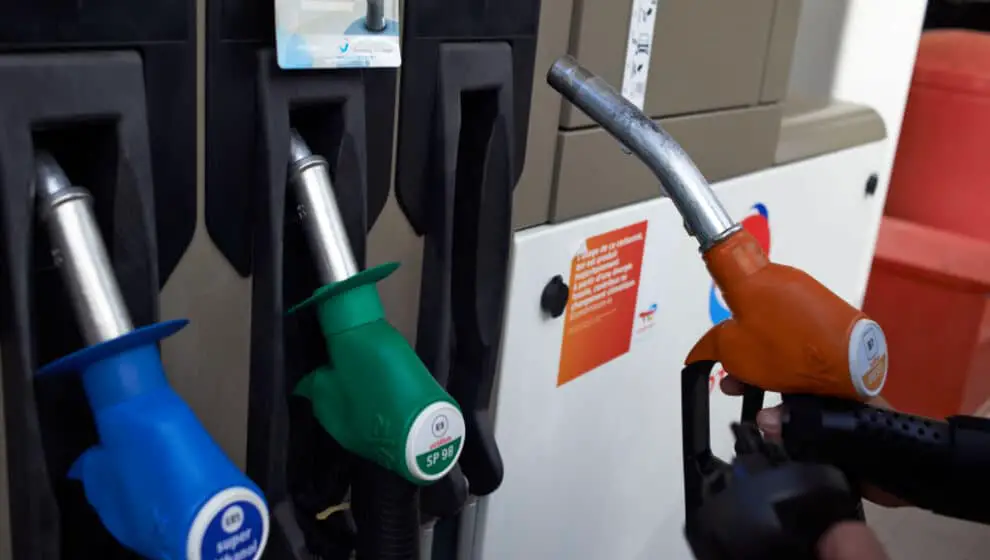The U.S. is facing a rapidly intensifying shortage of diesel going into the holiday and farming seasons.
Key Details
- AAA reports the national average of diesel has increased to $5.31 per gallon, as demand outstrips supply.
- “Last week, the Energy Information Administration (EIA) reported that distillate inventories were at their lowest levels since 2008,” says Forbes.
- “But the diesel shortage is more serious this time around because distillate levels are low going into fall when farmers are harvesting and buying more fuel for the winter,” says LinkedIn News.
- Forbes reports four reasons for the shortage: annual demand spikes, refinery maintenance, reduced capacity due to refinery closures, and the cutoff of Russian diesel imports due to the ongoing war.
- Some relief is expected as the Colonial Pipeline delivers a new shipment of diesel on November 4 and imports are expected by the end of November, but the overall supply isn’t expected to fully stabilize until next summer.
- “The diesel shortage that had the White House on edge [in October] is spreading from the Northeast to the Southeast, prompting at least one supplier to initiate emergency protocols,” says Bloomberg.
Why it’s News
Demand for diesel is generally at its highest during the spring and fall—corresponding to farming seasons. Low supply and high demand in late fall are going to hurt the market as demand increases going into the winter.
“Because conditions are rapidly devolving fuel supplier Mansfield Energy is now requiring a 72-hour notice for deliveries to secure fuel and freight, according to a note to customers. In areas that are tightest, fuel prices are running 30 to 80 cents higher than the market average, Mansfield said, adding that Tennessee is seeing particularly acute challenges,” says Bloomberg.
“Diesel inventories nationwide are at the lowest seasonal level ever heading into winter, and some areas in the Northeast have already started rationing fuel. The shortage is almost certain to drive up prices for the heating and trucking fuel, further straining household budgets.”
The situation may not immediately affect the upcoming holiday season. As we previously reported, truckers are expecting a slower holiday season as inflation increases, retailers are overstocked and not needing as many shipments. Shipping slowdowns may reduce demand for diesel somewhat, although other areas of the economy will likely be affected by higher prices or delays.

